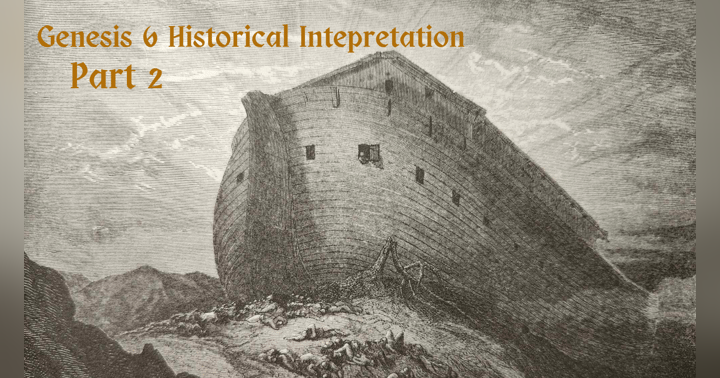Tips for Discerning Content

When discussing Gary Wayne in episode 53, I mentioned a number of questions you could ask to help discern content and whether or not something is worthy of your time or consideration in general. This included some advice from the book How to Read a Book. You don't need to be a speed reader to be able to quickly absorb the main content of some piece of writing. Below are some tips you might want to keep handy.
Questions for Discernment
- Does the content sound sensationalist? (Don't judge merely by the presence of click-bait titles or clips, however. Understand that in our over saturated culture, even sound scholars have sensationalist-sounding material and need to use advice from the click-baiters in order to reach a certain audience.)
- Is a dire warning being given, particularly one that is urgent and centered on what is happening right now? (Again, sometimes legitimate warnings are needed, but what is the purpose of the warning and is the warning something that is uniquely found here?)
- Are they transparent with sources?
- Are you being overwhelmed with a flood of data that is difficult to examine on your own?
- Are they over-reading the data (making too many minute connections)?
- What other explanations are there and are they engaging fairly with those explanations?
- Are they revealing secrets or "lost knowledge" (especially knowledge that some covert authorities want repressed)?
- Are they suggesting that they have to buck the system, that the system is against them, or that they couldn't find what they found from within the system or with the help of others?
- Is what they are saying edifying or empowering?
- What do they want you to do with the information?
- What is the real end result of listening (fear, encouragement, dismay)?
How to do an "inspectional" reading
from How to Read a Book; this is for the purposes of reading for information
- What does the title tell you about the book? (Is it informational, sensationalist, personal, broad, specific, etc.?)
- Read the back cover/publisher's blurb
- Inspect the table of contents. How is the book organized? What are its main points? What section holds the "meat" of the argument?
- Look at the images/charts/sidebars
- Read the prologue (unless it's too centered on the author's experience writing the book) and, even more importantly, the conclusion. Much of the existence of the book is there merely as fluff to bolster this section. What is the author's overall message? What is the author's bias?
- Go back to the table of contents and find those main segments that seem most important to the conclusion. Read the first and last parts of the main chapters.
- As you flip through the book, are there other paragraphs that seem to stand out as important? Read those in part or full.
- Read the major chapters in full.
- Read the first and last parts of other chapters as you find fit.
Once you have finished these steps, you should be in a position to explain the message of the author, even if you don't know the explicit details of the book. By this point, you should be in a position to decide what to do now.
- Read the book in full
- Save the book for later when you need to do a deeper dive into the content
- Save the book as a source of information now that you know how the book is organized and where to find the specific information
- Toss the book or give it away
Many people think they must begin a book at the beginning and that this traps them into necessarily slogging through the rest of the book. Remember that the point of a book is, often, to convey information. Once you have understood the message of the author, the remaining content may or may not be of interest or use to you. It is okay to take in the content of the book only to the point that it is useful to your own goals and only in the way that serves those goals.
Life is too short and there are too many great books to spend time reading simply for the sake of "finishing a book."
Best of luck and happy reading!








